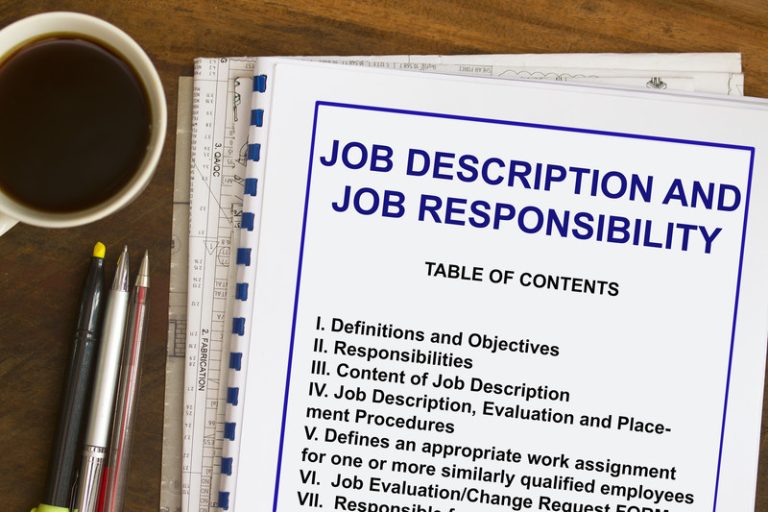[et_pb_section bb_built=”1″][et_pb_row][et_pb_column type=”4_4″][et_pb_text _builder_version=”3.0.106″ background_layout=”light”]
“We often encounter situations where a Business owner advises us that all of the people working with them are……”Independent Contractors” rather than employees and as a result they cost the business significantly less than if they are employees. It is not always easy to tell if someone is an employee or independent contractor. The determination cannot be made by a single and universal test and certainly a person signing a document simply agreeing that they are an independent contractor is worthless in coming to such a determination.
Instead, one needs to look at the “total relationship” between the parties and ask whether the person who has been engaged to perform the work or services is really performing them as a part of his or her business not as an employee of yours. A central issue in these determinations is the amount of control the party for whom the work or services is being provided has over the other parties activities.
Generally, a true independent contractor will:
- Have control over the timing and performance of their work
- Own their tools or equipment required to perform the work (e.g. hammer, saw. uniform or a computer etc. )
- Have a chance of profit and a risk of loss (e.g. receive a fluctuating payment based on the work done…not a fixed payment per hour or day determined by the business owner at their sole discretion.
- Not work full-time for this one business
- Work for (or have the option of working for) more than one business or company
- Have authority to hire their own workers
- Have their own office or work space
- Not have vacation entitlements, car allowances, insurance benefits or other benefits from the other party )
- Not be required to report, at all times, to an organization or ” boss ” to show that they followed the organization’s instruction
Please keep in mind that not each and every item listed above must apply to the working relationship, but it is critical that the person is not dependent on the owner or manager of the business and as such is required follow the detailed instructions as if they are “employed “in the business.
There is also a question that arises when the owner etc. asks “what difference does it make if they are employees rather than independent contractors?”
The consequences can be expensive to the business owner.
If the determination (usually as a result of an audit by CRA, provincial labour authority etc.), is that the person is an employee, the business owner is liable for the payment of both the employer’s portion of CPP and EI but also the employee’s portion.
Next as an employer, one is required to calculate, deduct and remit income taxes to the government. Failure to do so makes the employer liable for these payments and they risk being fined for failing to do so.
Our advice to anyone asking this question is to seek independent and competent legal advice.
There will be a cost you to receive this advice but such costs are usually significantly less than those of audits, fines and other significant payments for failing to deduct various benefit premiums. ”
[/et_pb_text][/et_pb_column][/et_pb_row][/et_pb_section]

